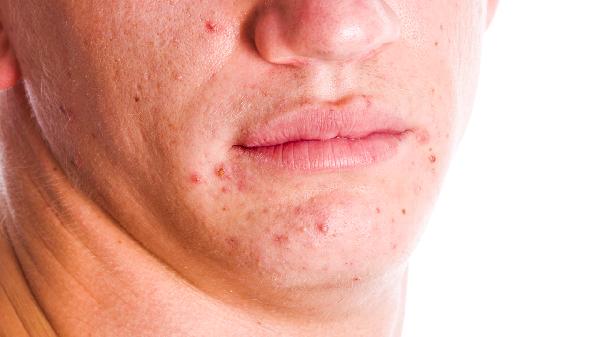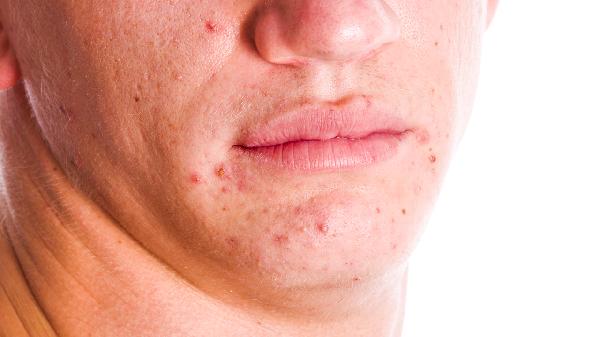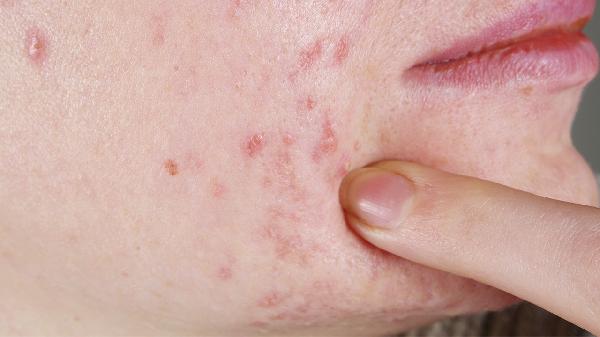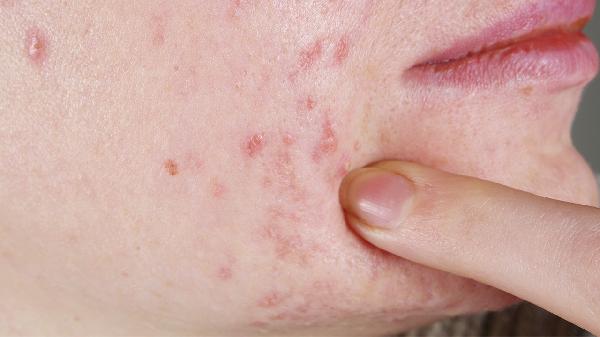Spring has arrived, the flowers are blooming, and is your nose starting to "protest" again? Allergies, that little imp we love to hate, always sneak out to cause trouble when you least expect it. Many people rack their brains to prevent allergies, but often end up with the opposite result. Today, let's talk about those habits you think can prevent allergies but might actually backfire.

1. Over-cleaning
You think keeping your house spotless will keep allergens away? Wrong! Over-cleaning can damage the skin's natural barrier, making it more sensitive. Frequent use of disinfectants and antibacterial soaps not only kills harmful bacteria but also wipes out beneficial microbes, making your skin and respiratory system more vulnerable to allergens.
2. Blindly using anti-allergy medications
Many people immediately reach for anti-allergy drugs at the first sign of a runny nose or itchy eyes. While these medications can temporarily relieve symptoms, long-term reliance can lead to drug resistance or even side effects. More importantly, anti-allergy drugs don’t address the root cause and may mask the real allergens.
3. Ignoring indoor air quality
You think keeping windows and doors shut will keep allergens out? In fact, indoor air quality is often worse than outdoors. Carpets, curtains, and sofas can accumulate dust and mites, becoming a breeding ground for allergens. Regular ventilation, using air purifiers, and cleaning furniture can truly improve your indoor environment.
4. Poor diet
Some people avoid certain foods, like milk or eggs, to prevent allergies. However, overly restrictive diets can lead to nutritional imbalances, weakening the immune system. The right approach is to adjust your diet under a doctor’s guidance and avoid foods that truly trigger allergies.
5. Overlooking psychological stress
You might not realize it, but stress is a significant trigger for allergies. Chronic tension and anxiety can weaken the immune system, making the body more susceptible to allergens. Maintaining a positive mindset and relaxing appropriately can help alleviate allergy symptoms.
6. Neglecting exercise
Many people avoid exercise altogether for fear of outdoor allergens. In fact, moderate exercise strengthens the body, boosts immunity, and helps the body better cope with allergens. Choose outdoor activities during times of better air quality or opt for indoor exercises like yoga or gym workouts.
7. Ignoring pet allergies
Pets are beloved members of many families, but their fur and dander are common allergens. If you’re allergic to pets, simply keeping them in another room isn’t enough. Regularly bathing your pets, cleaning their bedding, and even using air purifiers can effectively reduce allergens.
8. Overlooking seasonal changes
Allergy symptoms are often closely tied to seasonal changes. For example, spring pollen allergies or fall mold allergies. Understanding your allergens and taking preventive measures, like reducing outdoor activities during peak pollen times or using anti-allergy masks, can help you better handle seasonal allergies.
Preventing allergies isn’t an overnight task—it requires a scientific approach from all aspects of life. By avoiding these bad habits, you can truly "nip it in the bud." We hope these tips help you stay allergy-free this spring and fully enjoy the beauty of nature!
























